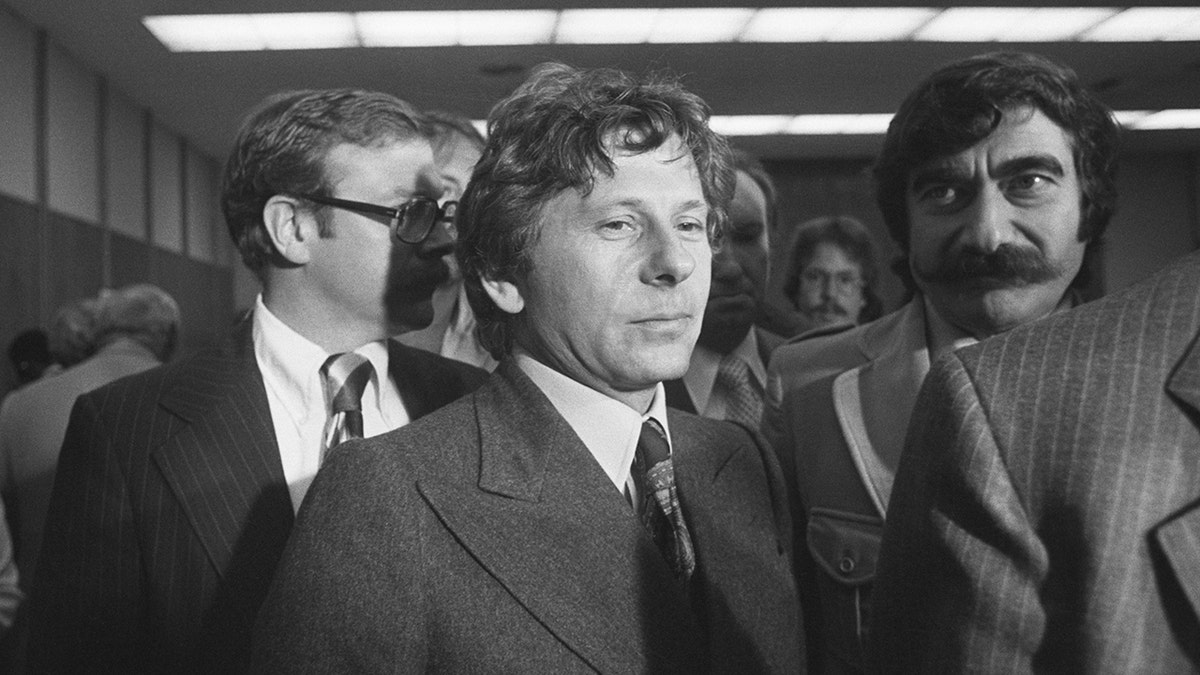We support our Publishers and Content Creators. You can view this story on their website by CLICKING HERE.
Roman Polanski settled a lawsuit over an alleged sexual assault of a minor more than 50 years ago.
The Oscar-winning director no longer faces a 10-day trial in the U.S. after reaching a settlement.
“The case settled in the summer to the parties’ mutual satisfaction and has now been formally dismissed,” Polanski’s representative told Fox News Digital.
ROMAN POLANSKI TRIAL SCHEDULED FOR NEXT YEAR OVER ALLEGED 1973 RAPE OF MINOR

Roman Polanski and Jane Doe settled a lawsuit stemming from an alleged 1973 sexual assault. (Getty Images)
Gloria Allred, who represented the anonymous accuser in the lawsuit, Jane Doe, provided a similar statement to Fox News Digital.
“A settlement of claims was agreed to by the parties to their mutual satisfaction,” she said.
According to the settled civil suit, Jane Doe allegedly met Polanski at a party in 1973 when she was a minor. She claimed he invited her to dinner knowing she was underage. Doe alleged in the lawsuit that she met Polanski at his home in Benedict Canyon the night they were having dinner.
ROMAN POLANSKI, 1977 RAPE VICTIM SAMANTHA GEIMER SMILE FOR SOCIAL MEDIA SNAP
He poured them shots of tequila before driving to Le Restaurant on La Cienega in Los Angeles, according to the complaint. Their table was not yet ready when they arrived, so they waited at the bar, where Polanski proceeded to order more tequila for them both.

Roman Polanski was scheduled for an August 2025 trial in a 1973 sexual assault case. (Beata Zawrzel)
Once seated at their table, “Plaintiff began feeling dizzy from the tequila and went to the restroom where she was ill,” documents stated. She stepped outside for fresh air, and Polanski followed her out before “driving her back to his house.”
In the complaint, Doe did not recall “how she got from the car into Defendant’s home,” but she passed out in Polanski’s bed. She woke up with the director next to her, documents said. “Defendant Polanski removed Plaintiff’s clothes, and he proceeded to rape her, causing her tremendous physical and emotional pain and suffering.”
LIKE WHAT YOU’RE READING? CLICK HERE FOR MORE ENTERTAINMENT NEWS
In 1977, Polanski fled the country after pleading guilty to having unlawful sexual intercourse with a minor, Samantha Geimer, in a separate case. The “Chinatown” director reunited with Geimer last year.

Roman Polanski in court in 1977 after pleading guilty to unlawful sex with a minor. (Getty Images)
Geimer was 13 years old at the time Polanski, who was in his 40s, was arrested and charged with rape by use of drugs, perversion, sodomy, providing controlled substances to a minor and lewd and lascivious acts upon a child under 14.
After his guilty plea in 1977, Polanski fled and became a fugitive, first finding refuge in London and then settling in France. While Polanski has never stepped foot on U.S. soil or any country that would extradite him to the United States, he has still made films and won an Academy Award for best director in 2002 for “The Pianist.”
CLICK HERE TO SIGN UP FOR THE ENTERTAINMENT NEWSLETTER
APP USERS CLICK HERE TO VIEW POST
In 2018, the Academy of Motion Picture Arts and Sciences voted to kick Polanski out and subsequently defended its decision by saying he was given a fair opportunity to challenge the Academy’s ruling.
CLICK HERE TO GET THE FOX NEWS APP
Polanski sued the Academy the following year on grounds the group had failed to follow its own procedures when it voted to kick him out. He was expelled alongside Bill Cosby for violating the organization’s standards of conduct.
In its response, the Academy said the board considered voluminous materials submitted by Polanski on appeal, including more than 400 pages of exhibits and a detailed memo from his attorney. Polanski also recorded a videotaped statement directly addressing the board of governors.

 Conservative
Conservative  Search
Search Trending
Trending Current News
Current News 





